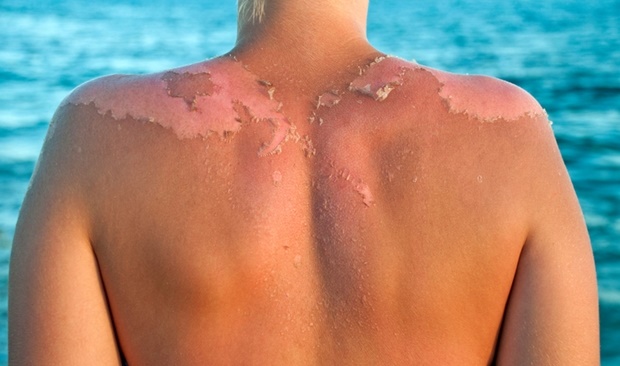Despite making a loss of R12. 6 million last year alone, and R51.3 million in outstanding patient fees, the Folateng private wards at the Charlotte Maxeke Johannesburg Hospital (CMJH) are to be extended to offer new services.
A huge loss
The wards were built to take private, paying patients with the intention of using the income to subsidise the medical costs of state patients. But instead of making money, Gauteng Health MEC Gwen Ramokgopa has told the provincial legislature that the wards are running at a massive loss and efforts to collect on debt owed by private patients have been unsuccessful.
Ramokgopa said that although Health Minister Aaron Motsoaledi had complained about the Folateng wards, they continued to operate because the Gauteng Health Department had not received any formal communications instructing them to shut the wards down.
“The statement made was that we need to utilize the available beds whenever there is an overflow of state patients, which is currently happening,” said Ramokgopa, explaining why the Folateng wards were operating at capacity.
Addressing the Gauteng Legislature, Ramokgopa said that 2 721 private patients were treated at the CMJH Folateng unit last year, generating income of R20 043 680. However, the running costs for Folateng were R32 677 528, amounting to a R12 633 884 loss. On top of this, R51 681 703 was outstanding in patient and other fees.
Uncollected patient fees
Jack Bloom, DA spokesman on health, said, “I suspect that this money will have to be written off, as has happened with uncollected fees for the entire Folateng operation which started in 2002 and expanded to four hospitals.”
Ramokgopa said that R569 million in outstanding money owed to the Folateng units had already been written off.
According to Bloom this is a colossal amount, showing that these private wards were a huge mistake, inefficient, poorly managed and generating huge losses in uncollected patient fees.
New efficiency strategies
“Incredibly, Ramokgopa now wants to expand the services instead of shutting the whole thing down,” said Bloom.
“This mad scheme should stop. The Department should stop losing money with the private wards, and instead use them to provide a better service to state patients.”
The Gauteng Department of Health spokesperson Prince Hamnca there were no plans to expand the Folateng unit, but to rather increase the services they offer in order to increase the bed occupancy rate of medical aid and private paying patients.
“By introducing the new services and admitting only private patients, we have improved efficiency in terms of the cost per-patient-day equivalent,” said Hamnca, adding that the department was also “developing efficiency strategies to turnaround the current net losses”. – Health-e News.
NEXT ON HEALTH24X







